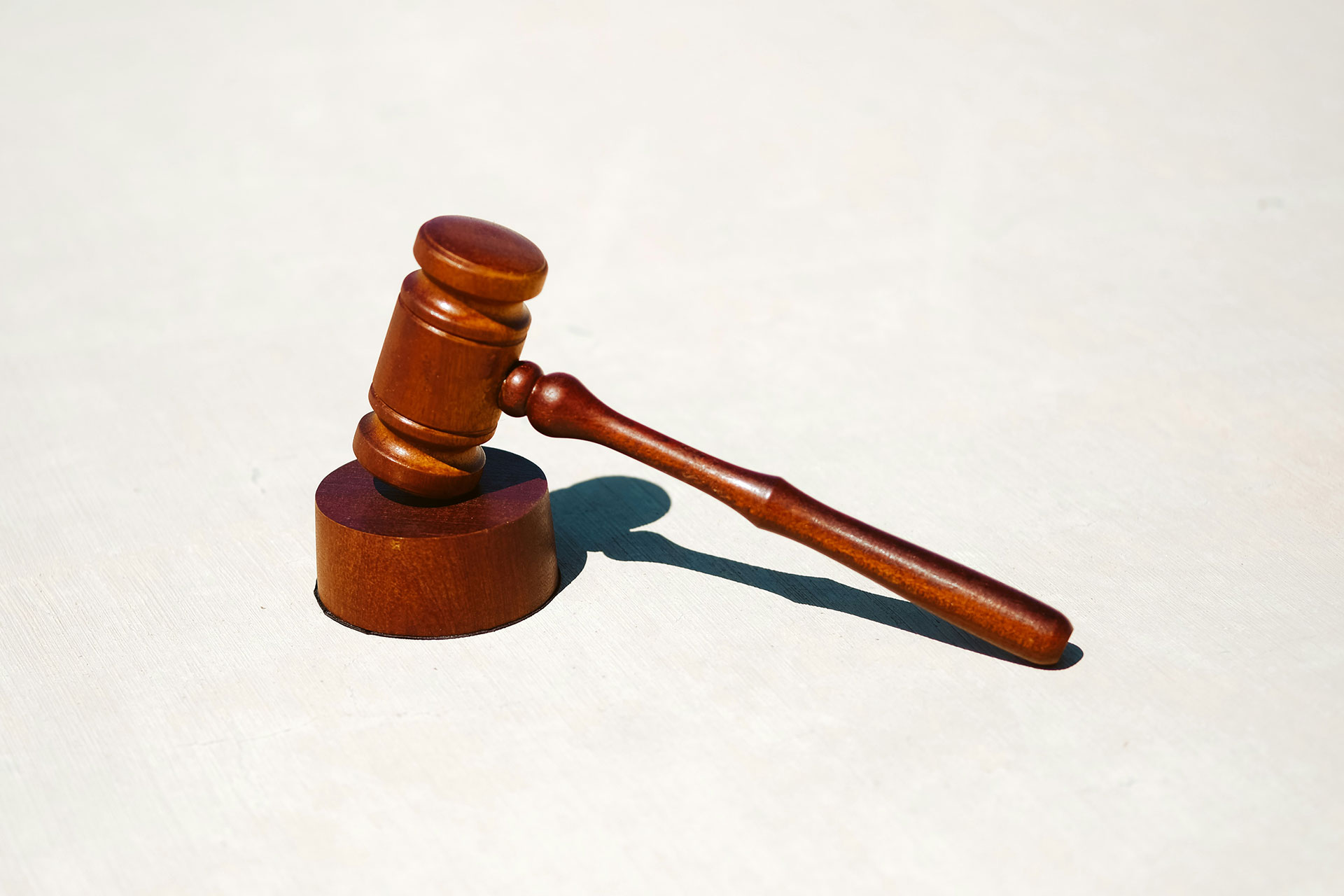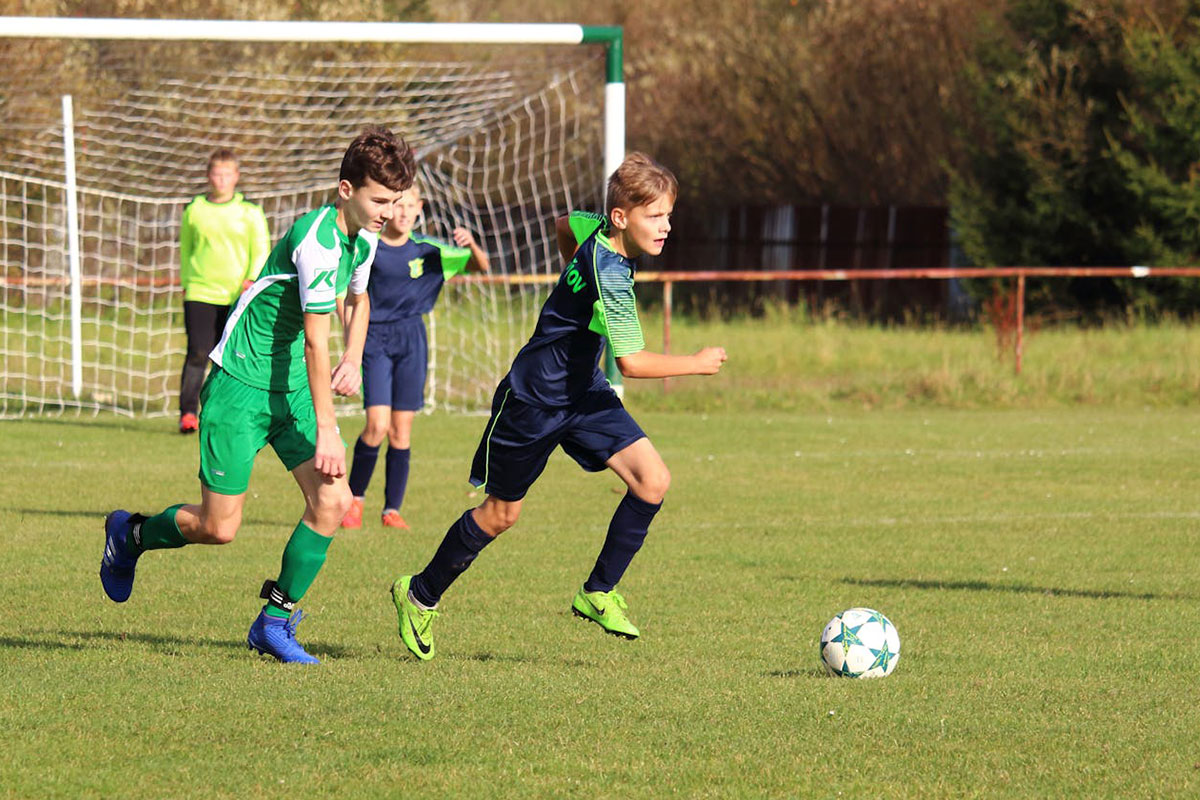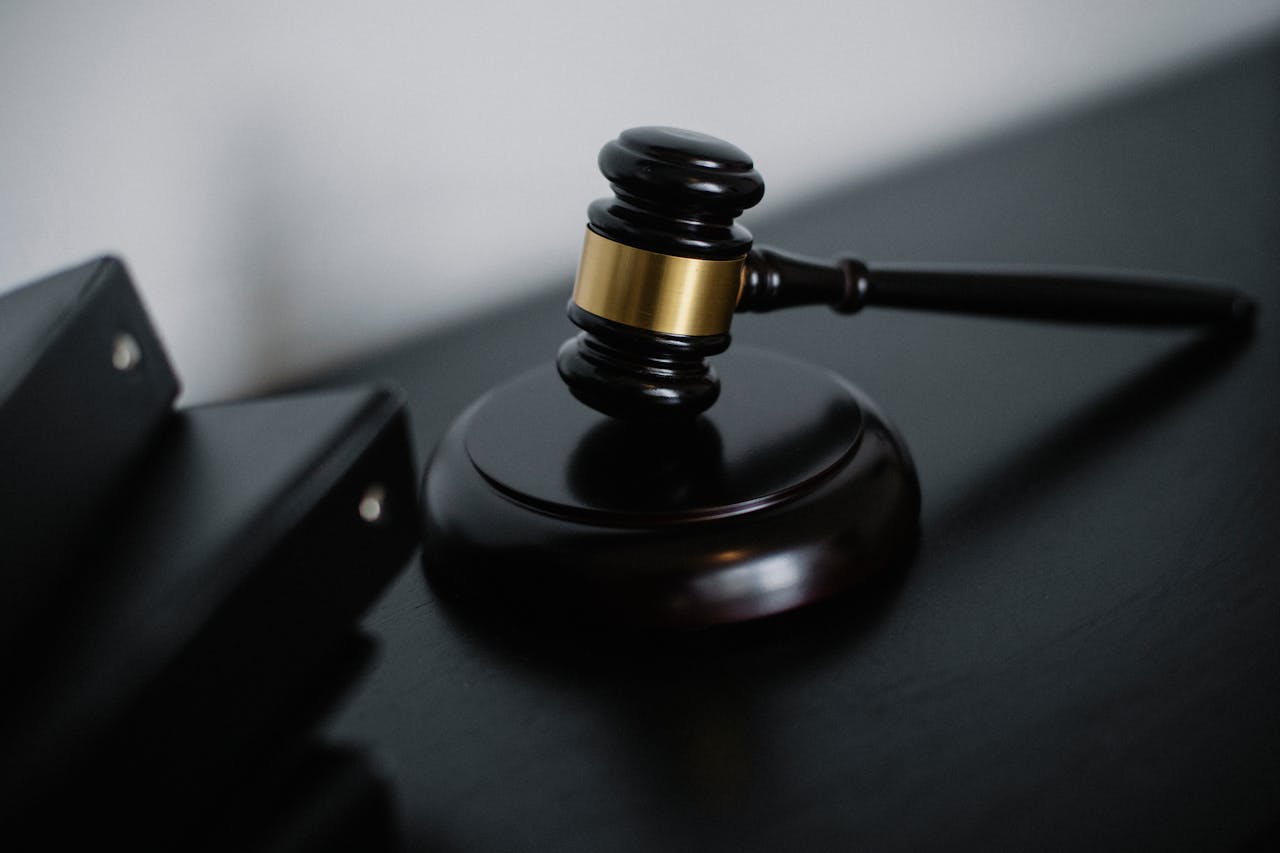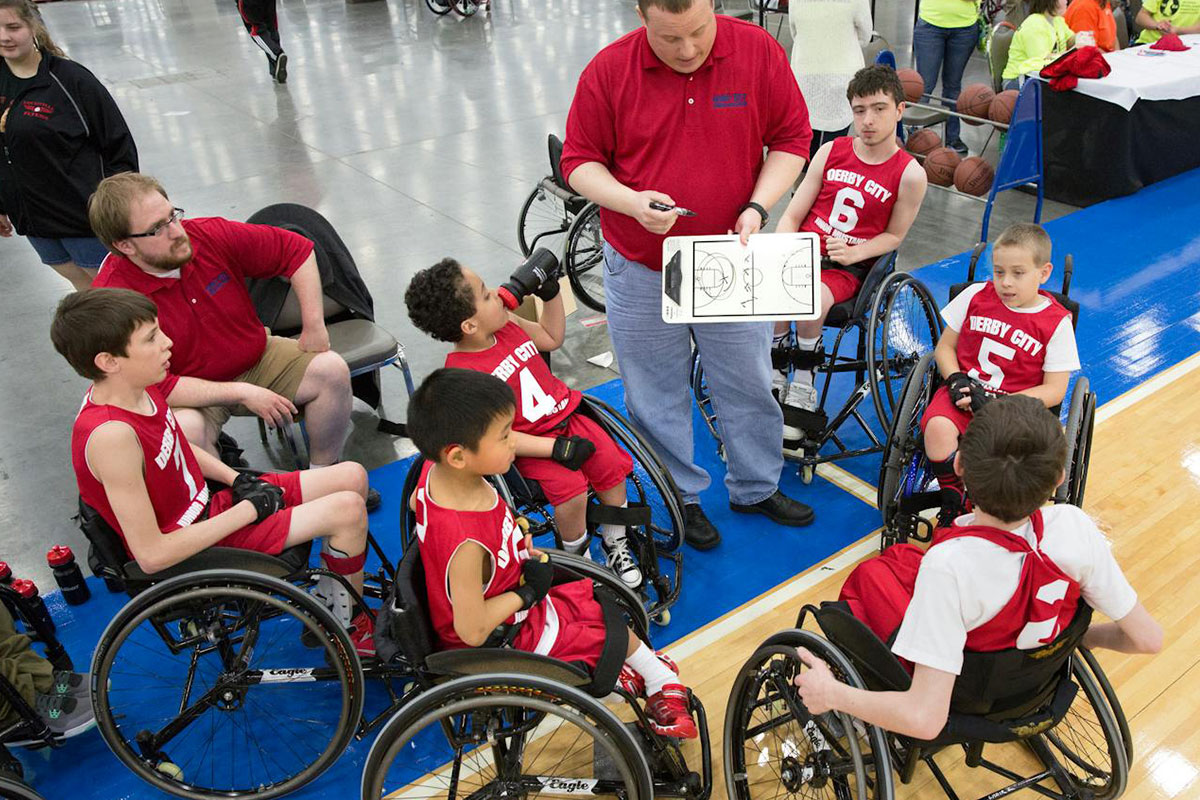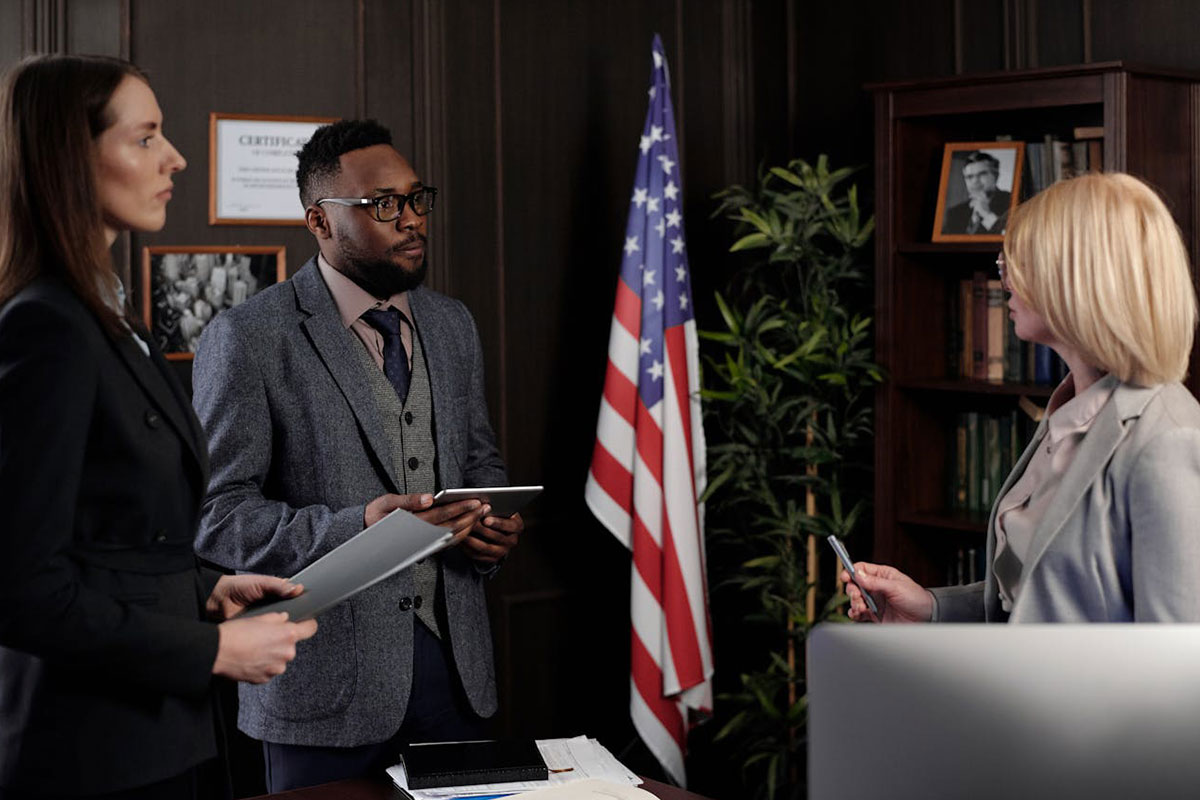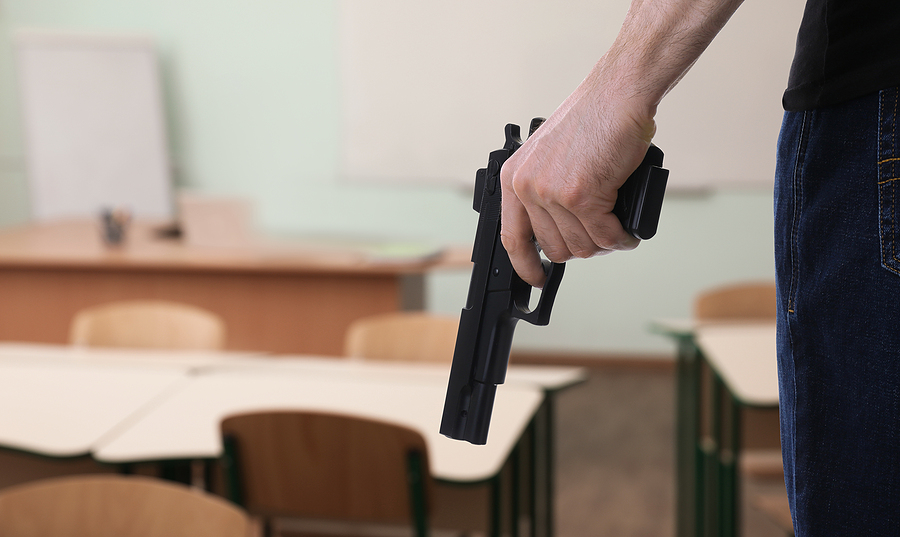School Safety Expert on Negligent Supervision and School Injury Liability
School negligence cases involving teachers, coaches, camp counselors, bus drivers, and other personnel resulting in injury to a child are ever-present in the news. Negligence in schools that results in sexual abuse, death, and sports injury all present opportunities for costly negligence claims that may entail large settlements or grave...



